Home Mover Mortgages
- Access to competitive rates and some you can't get direct
- Specialist Mortgage Advisers
- Free initial consultation
Home » Home Mover Mortgages

Listen below as Chris Needham talks all about home mover mortgages.
In less than 10 minutes, you’ll know a lot more about getting your mortgage sorted.
What do we mean by home mover mortgages?
This is where someone has one property that they’re looking to sell and then buy a different property. This is the alternative to being a First Time Buyer, who doesn’t own a property yet.
Home movers might be looking to buy a larger property, to move to a different area or downsize from a bigger property to a smaller or less expensive one.
What moving costs need to be considered?
If you’ve got a property to sell, you’re going to face estate agent fees and legal fees for selling that property. Then, when you buy your new property, there will be further solicitor fees for that transaction.
You’ll also need a deposit which can be a combination of the equity from your current property plus some savings, or you might be able to provide the whole deposit from the equity from your sale. You’ll also have to pay stamp duty on the new house.
Other things to take into account include removal fees and, potentially, storage fees if you need to wait for your new property to become available. Some mortgages also have product fees. You may also need to pay a valuation or survey fee on your new property.
As part of the advice process we will sit down with you, look at what you’re hoping to sell your existing property for, and how much you owe on your current mortgage. That way we can work out how much money you have to play with. When you move to the new property you may want to keep some of your equity back to cover some of the costs. So we’ll explore the most suitable ways to do that.
How much can I borrow?
If you’re thinking of selling your property and moving to another, get in touch with us as early as possible. Then we can work out how much you can borrow and how much the process and the mortgage is likely to cost – especially at the moment with interest rates changing regularly.
It’s best to be comfortable with the figures rather than put your house on the market only to find that you can’t actually buy the type of property you want. We can give you some options and confirm how much is available to you.
The challenge is that every lender is different. They all have different calculations, rates, appetites to risk and criteria. It’s our role to understand your circumstances so that we can confirm which lenders will accept you.
Lenders will look at your commitments – whether that’s expensive children, car finance or personal loans and credit cards. Then they’ll also look at your income – to see if you earn a standard salary or if you get regular or irregular bonuses. We’ll run all those figures to give you the guidance you need.
What is porting?
If a client is in an existing mortgage with, say, two years left to run on their fixed rate deal, it’s possible for them to move that mortgage with them to a new property. This is called porting – so as well as packing up your furniture, you pack up your mortgage and take it with you to a new home.
At the moment, a lot of clients have a really good fixed rate mortgage that was arranged perhaps two years ago. That fixed rate is much lower than what’s available now across the market. So it’s often more cost efficient to port that deal to the new property.
If you want to borrow some more, because it’s a bigger property, we can arrange further borrowing with that lender at the same time.
As your advisor we will explore the options and see which is more cost effective and suitable for you – is it best to pay off that existing mortgage and face a penalty to move to a new lender? Or is it better to port the existing scheme and arrange additional borrowing from the new lender? We compare the two for you.
Speak To an Expert
How do I decide whether to port or or to get a new mortgage?
If you took out a mortgage a couple of years ago at a fixed rate, the chances are you will have a much lower rate on your existing scheme than you will find in the market at the moment. We would always evaluate the difference, but right now (September 2022), porting is usually a good idea.
How does the equity in my home affect my options?
Let’s say for example you’ve got a property that’s worth £300,000 and you owe £200,000 on your current mortgage. You’ve effectively got £100,000 of equity on that property. If you want to move and you’ve found a place, and you only want to put a £60,000 deposit down, you can use your equity and still have £40,000 left out of the sale proceeds. That might pay for the costs of the move, or give you some money back for home improvements on the new place.
Again we can run different options to consider. For example we might look at the monthly mortgage cost when you put down a 15% deposit, compared to a 20% deposit. We will make sure it’s affordable and that you have the freedom to achieve your plans.
How can a broker help with a home mover mortgage?
I would always suggest getting in touch with a broker right at the start of the process, to understand all the costs that are likely to be involved. We’ll explain how much you can borrow and what the mortgage will cost you each month.
Go through that process before you list your property for sale and fall in love with a new one. We can also help you by preparing an agreement in principle or a decision in principle, to prove that you can get that mortgage. You can then use that with the estate agent to negotiate on the new place. It’s all about preparation.
Your home may be repossessed if you do not keep up repayments on your mortgage.

